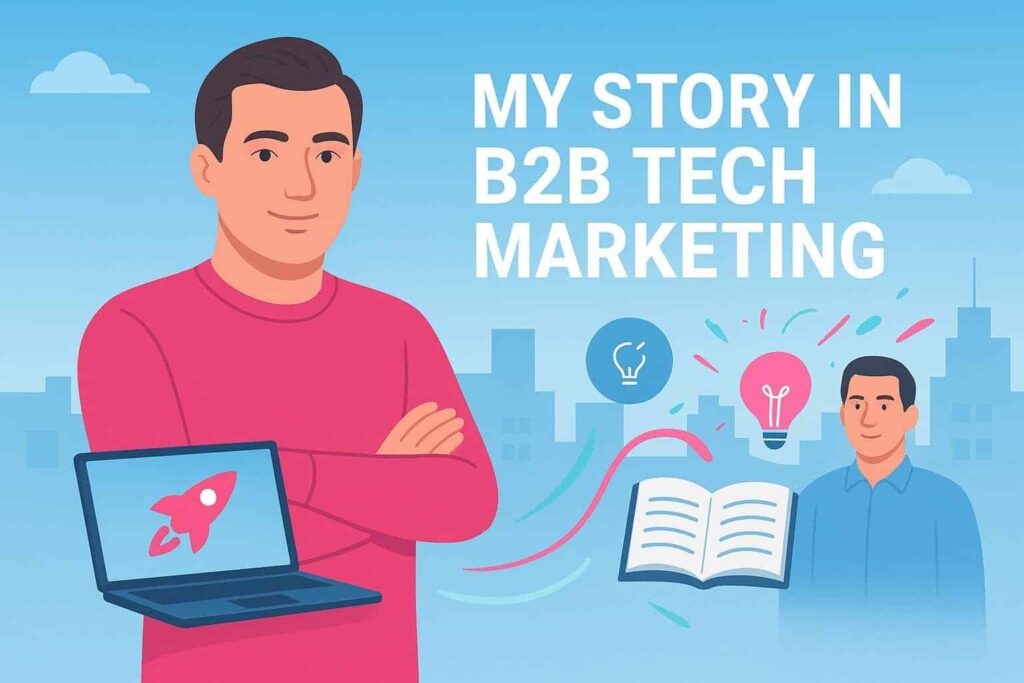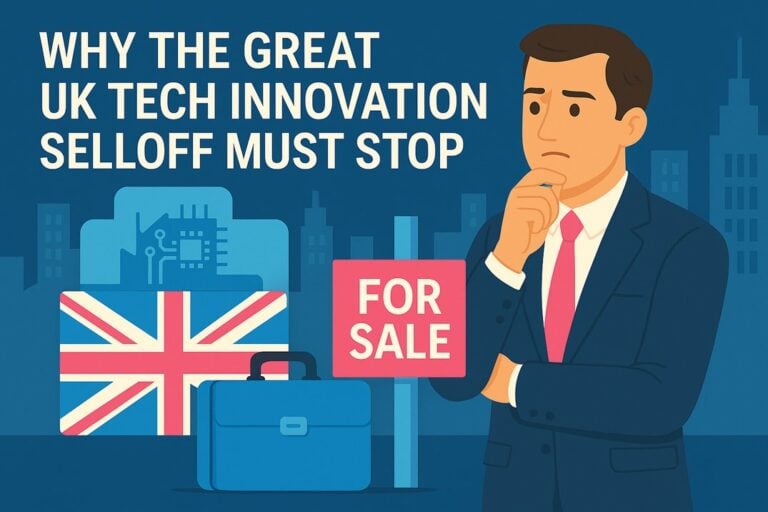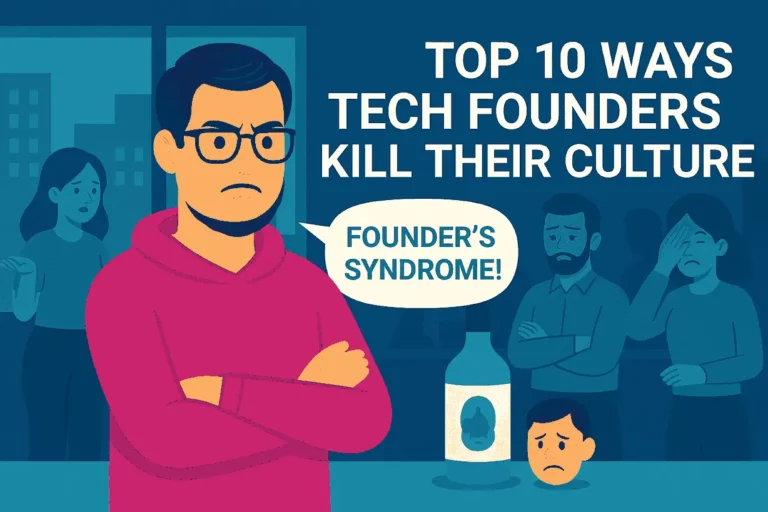Three Decades Deep…
With 30 years of working in marketing for the B2B tech industry behind me, I have decided it’s time to share some of what I’ve learned over the years. The articles published in this blog are intended to help the next generation of tech marketers by accelerating their success while avoiding some of the pitfalls. Tech marketers operate in a high-pressure, fast-paced and stressful environment, meaning they are often under threat of non-performance. Additionally, they must deal with difficult personalities from founders and sales leaders. Egos play a significant role in startup life, and not always for the better, but marketers must learn to navigate around them to survive.

A New Chapter
After my last startup gig, I decided to take a break and dedicated my time to writing about B2B tech marketing. I’d always enjoyed creating content, a core activity of my work, and decided to write about some of the pertinent knowledge and experiences I have amassed over the years. This was the impetus that culminated in writing my blog about tech marketing and founders. In essence, I’m documenting the journey of starting and growing a small tech business by sharing best practices. The objective is for the site to become a resource that helps the next generation of tech marketers who will benefit and avoid many of the mistakes I have seen and made over the years.
A Career in Tech
After completing my university education, I went straight into a marketing role for a traditional computer company, right at the time when devices were becoming commoditised and software was overtaking hardware as the dominant force in technology. That experience got me interested in the industry, and all my full-time roles since then have been growing small B2B tech companies, with an emphasis on startups. Consequently, I’ve seen what a well-run startup looks like, but painfully witnessed when marketers and their founders repeatedly fail.
Although the dotcom bubble burst in 2000 and momentarily slowed things down, the B2B tech sector showed good resilience. It was back to business as usual relatively quickly, which got really very quickly. As Silicon Valley was in chaos, I was fortunate to experience a B2B tech startup that went from market entry to $100m in annual revenue within five years. That was a wild rollercoaster ride I will never forget.
Since then, we’ve seen software and hardware turn into SaaS and cloud computing, the rise of the data centre, the transformation and digitisation of everything, a wild number of data management and analytics solutions to store, process and make sense of the exponentially multiplying mountains of data that every business is constantly generating, and more recently the rise of AI threatening to take over everything and everyone.
I’ve lived through and had to adapt to these market changes, working in software, Cybersecurity, SaaS, Cloud, Managed Services, Data Management and Consultancy. Thankfully, all the tech businesses I’ve worked for, bar one, have gone on to grow and succeed. I’m pleased I had my small part to play in helping them to become established players in their respective categories. The risk of failure is always real for any startup, something I have sadly experienced first-hand, when investors decided to pull the plug on an idea that wasn’t getting the market traction it needed.
Failure is a great teacher, and every role has endowed me with my fair share of lessons. The most pertinent of all of them, is that the biggest challenge of any company is not the market, competitors, or the economic environment but the internal challenges of figuring out what the customer badly wants, and is willing to pay for, and organising the people and resources available in the most effective way to take advantage of that opportunity. External factors are important of course, and must be respected and monitored so that they don’t negatively impact performance, but the keys to success are always in your own hands and subject to the quality of your strategy and execution.
Helping the Next Generation
Another of my observations is that most founders are not ready or qualified to run a business and usually don’t appreciate the importance of marketing or invest in it sufficiently. I’ve worked for founders who range from inspiring business leaders to techies, who should have stuck to coding. This is my opportunity to share my insights in the hope that someone will benefit from them. I sincerely hope that tech founders and their marketers get some value from my shared knowledge, learning to better appreciate each other and work together more effectively.
It’s about time founders fully appreciate their marketing teams and prioritise marketing for what it is: the most important activity in the business. Together we can fast-track the good work tech marketers do, which often gets ignored or devalued when everyone is so fixated on lead metrics at the expense of everything else. Marketing is about so much more than just generating leads, and if you ignore the other factors then fixing a lead problem becomes so much harder.
Important Lessons for Tech Founders
I will be addressing tech founders directly, as it’s their job to ensure the right conditions are put in place for marketing to succeed. If you starve your marketing, you will starve your startup, it’s really that simple. The next thing founders must understand is that the hardest part of running a B2B tech startup is selling. This puts marketing and sales right at the top of startup strategy, planning, execution and the prioritisation of resources. Founders from a techy background, with no appreciable experience in marketing and sales, will likely struggle the most with this truth.
The sooner founders pull their heads out of their own proverbial technology stack and focus on the things that really matter, the better their chances of survival. The only arbiter of success is the market’s response to your proposition, and your only way to influence that is via marketing and sales. Revenue is the barometer of how well you are doing at communicating and pitching your offer to prospects. These challenges will make developing the tech feel like child’s play in comparison.
Keep it Real
The faster tech founders learn these lessons, the better. All will come to realise them eventually, although sadly for some that may be too late. What isn’t important is for pre-scaleup businesses, with no profits, to prance around in company branded clothing. I detest the industry-wide obsession with wearing branded hoodies, a naïve and pathetic indulgence for any firm that isn’t making any money and can’t afford to waste resources.
Many early stage businesses don’t know where their next sales deal is coming from, and marketing is often bootstrapped. Yet, founders seem to feel the need to proudly display, like a deluded peacock, cheaply manufactured branded clothing, barely fit for a landfill. What really grinds my gears is when pitch teams turn up to sales meetings with prospects sporting a branded t-shirt instead of smart business attire. If you want to join me on my journey, it’s time to get real and founders especially are in for a bumpy ride. Buckle up!






